Earlier this year, the Biden administration released the Office of Pandemic Preparedness and Response Policy to provide Americans with continued access to lifesaving protections such as vaccines, treatments, and tests, and to better prepare and safeguard the nation from future pandemics or similar public health crises. In response, the International Code Council (ICC) and the National Environmental Health Association (NEHA) recently joined forces to launch the Pandemic Task Force (PTF).
The new initiative aims to assemble experts from the building safety, construction, design, health, and insurance industries to devise solutions that will bolster the resilience of the built environment and strengthen communities in the face of disease-related threats.
According to the ICC, the PTF will conduct a thorough examination of existing code requirements, guides, executive orders, regulations, research papers, reports, and standards related to building design, preparedness, and health considerations. The group's ultimate goal is to develop a comprehensive package of public information materials along with best practices and guidelines for new and existing buildings.
Why was it created?
In a recent ICC press release, Code Council CEO Dominic Sims emphasized the significance of safe and healthy buildings and their role in mitigating public health crises as the impetus for the creation of the PTF: "The coronavirus pandemic has underscored that safe buildings are essential to maintaining public health. A community’s ability to defend against such disasters as pandemics depends on the safety of the homes, buildings, and infrastructure that serve its citizens."
Dr. David Dyjack, CEO of the National Environmental Health Association (NEHA), also stressed the importance of the built environment and its connection to occupant health and highlighted the collaboration's mission to reduce pandemic-related risks and contribute to economic recovery. “Our unique partnership with ICC is one characterized by a common mission, information sharing, and aligned leadership, which in aggregate will serve to reduce risk associated with the pandemic, while we collaborate on methods to safely rebuild the economy,” he said.
According to Sims and Dyjack, the establishment of the Pandemic Task Force acknowledges the vital need for a comprehensive analysis of all facets of the built environment to prepare for the ongoing challenges posed by COVID-19 and future health threats.
The task force will encompass a diverse array of experts representing building, code, design, insurance, plumbing, and public health industries, appointed by the Code Council's Board of Directors. Work groups composed of task force members and other stakeholders will also be formed to address specific aspects of what the PTF describes as a multifaceted challenge. Members will be appointed by the Code Council's Board of Directors, in consultation with NEHA, though it’s unclear when the PTF will be selected and begin acting.
What it seeks to accomplish
The diverse PTF will embark on research into the impacts of the COVID-19 pandemic on the built environment, leading to the development of vital resources such as updated building guidelines, recommended practices, publications, and updates to the International Codes (I-Codes), a series of fifteen comprehensive modern building safety codes. According to the ICC, the task force first aims to conduct a comprehensive review of current code requirements related to disease transmission prevention. Proposed code changes will be considered based on this assessment.
In addition to a building code assessment, the PTF plans to conduct a comprehensive review of existing guides, executive orders, white papers, reports, and standards relevant to design standards, preparedness, health considerations, and pandemic operation tools. From there, the Council will identify best practices and guidelines for the design and layout of new and existing buildings and develop a package of public information materials regarding their agreed upon changes.
Code changes could impact builders, designers, and other professionals in both commercial and residential sectors, potentially leading to new health-centered guidelines for new-construction projects.

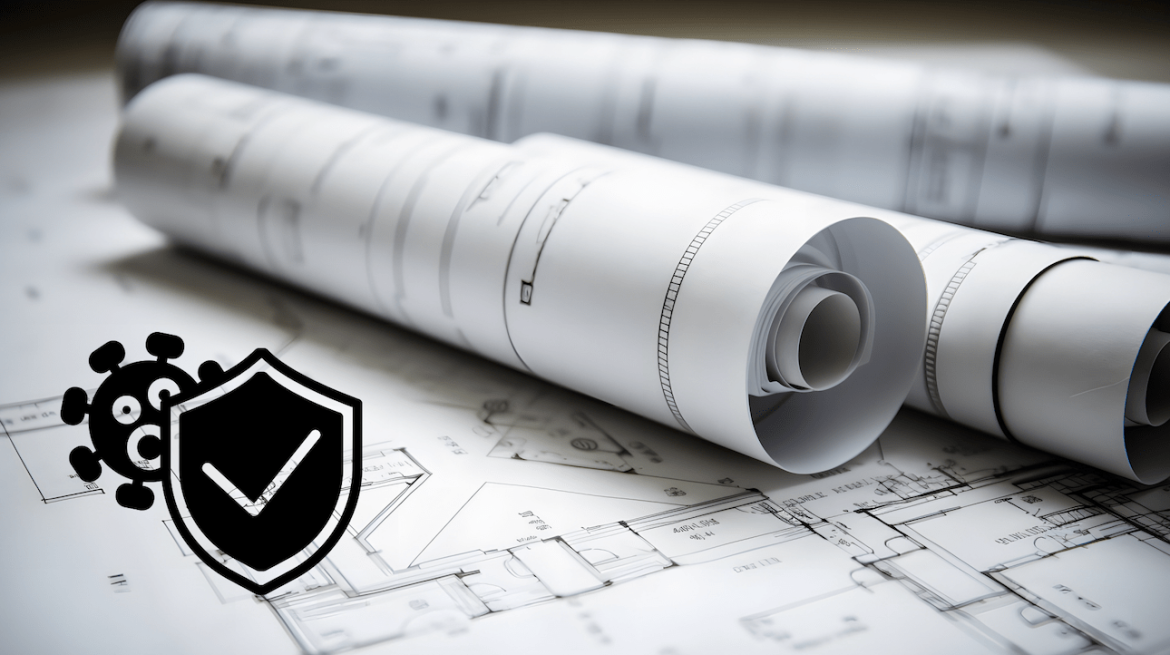

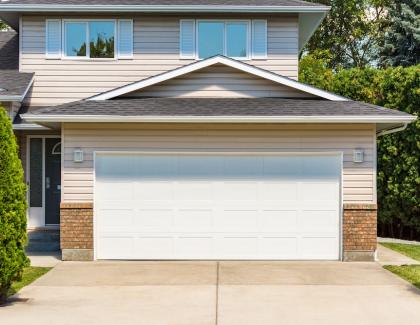
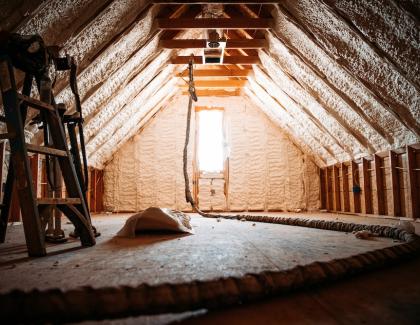
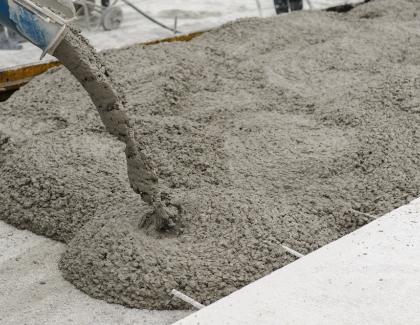
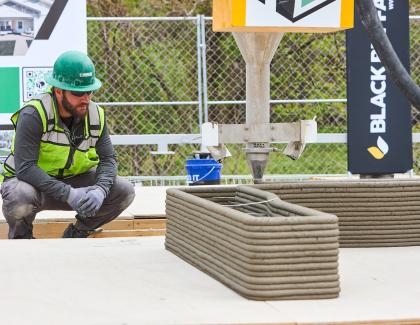

Add new comment